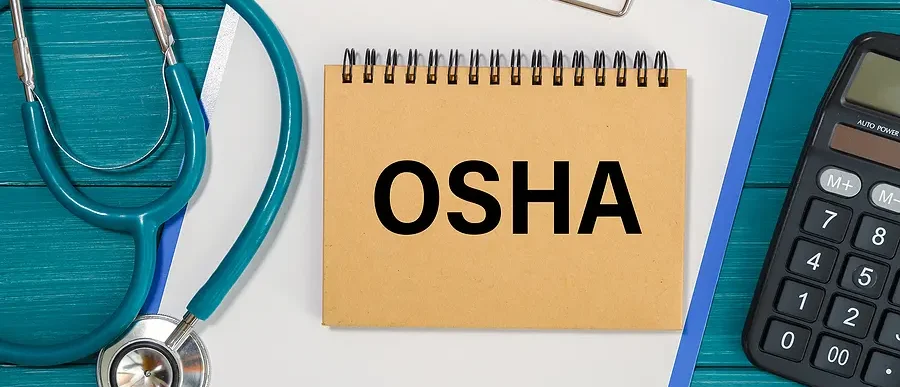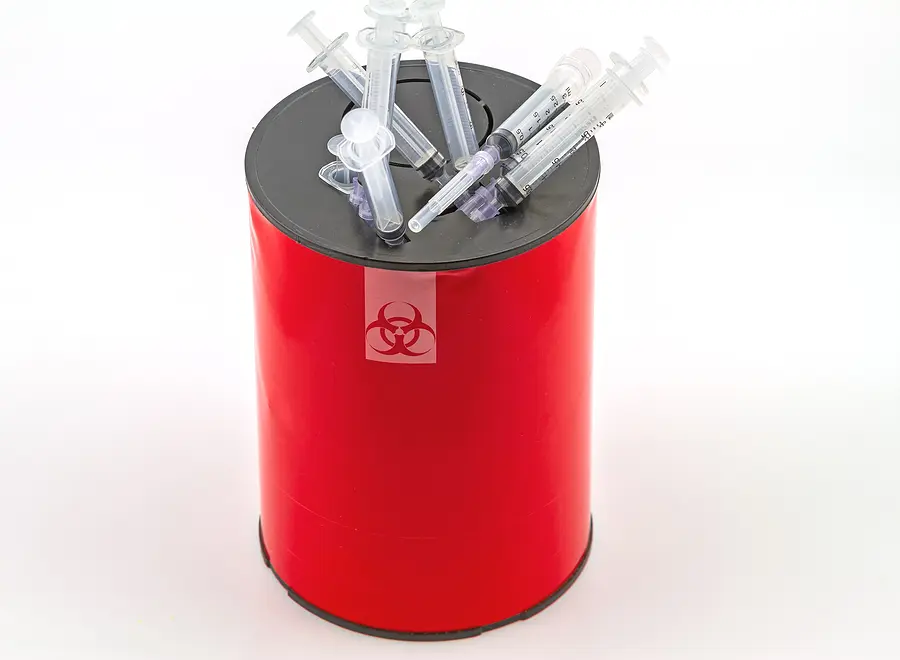OSHA Biohazard Waste Disposal Guidelines

The significance of responsible waste management cannot be overstated. From plastic pollution in our oceans to the proper disposal of hazardous materials, every aspect of waste management needs careful attention. One particularly critical area is biohazardous waste disposal, a subject that the Occupational Safety and Health Administration (OSHA) addresses with great concern. OSHA biohazard waste disposal guidelines provide a comprehensive framework for safely handling and disposing of these materials, ensuring the well-being of individuals and the environment. In this blog, we will explore the importance of OSHA’s guidelines, their key components, and the role we all play in maintaining safety and sustainability.
Understanding Biohazard Waste
Biohazard waste, often referred to as biomedical waste, encompasses any material that contains substances that pose a threat to human health or the environment. This includes items like used syringes, contaminated gloves, cultures, and more. Improper handling and disposal of biohazard waste can result in infections, environmental contamination, and significant health risks.
The Significance of OSHA’s Guidelines
OSHA’s guidelines for biohazard waste disposal serve as a vital tool in ensuring that all industries, from healthcare facilities to laboratories, handle these materials with the utmost care and responsibility. The guidelines aim to protect workers, the public, and the environment from the dangers associated with biohazard waste, making them a cornerstone of responsible waste management.
Key Components of OSHA Biohazard Waste Disposal Guidelines

- Proper Segregation: OSHA mandates the proper separation of biohazard waste from other forms of waste. Color-coded containers are used to distinguish between biohazard waste and non-hazardous waste, preventing any potential mix-ups.
- Secure Containers: All biohazard waste must be stored in leak-proof and puncture-resistant containers, ensuring that pathogens cannot escape and contaminate the surroundings.
- Safe Labeling: Each biohazard waste container must bear a clear label indicating its contents. These labels provide essential information, such as the biohazard symbol, type of waste, and date of generation.
- Safe Transport: OSHA guidelines mandate the safe transportation of biohazard waste to a licensed disposal facility. This includes using vehicles specifically designed for this purpose and following specific transport protocols.
- Training and Awareness: Employers are responsible for training their employees on the safe handling, storage, and disposal of biohazard waste. Raising awareness about the risks associated with these materials is a crucial component of OSHA’s guidelines.
- Documentation: Proper record-keeping and documentation are essential. Accurate records ensure tracking and disposal of the biohazard waste in compliance with regulations.
The Role of Individuals and Organizations
Adhering to OSHA’s biohazard waste disposal guidelines is not just a legal obligation. It is a moral duty that safeguards lives and the environment. Individuals and organizations should prioritize the following actions:
- Education: Stay informed about OSHA guidelines and educate all employees or members who handle biohazard waste.
- Implementation: Implement the necessary protocols for segregation, labeling, and safe transportation within your workplace. Any reputable medical waste disposal company should offer a variety of regularly scheduled pick-up options. In addition, they should offer sizes of containers, and supply of red biohazard bags, liners, and boxes.
- Regular Audits: Conduct regular audits to ensure compliance with biohazard waste disposal regulations and identify areas for improvement.
- Sustainability: Consider eco-friendly disposal methods that minimize environmental impact, such as autoclaving or incineration with energy recovery.
- Community Engagement: Promote awareness within your community about the importance of responsible biohazard waste disposal.
Keep Compliant With OSHA’s Biohazard Waste Disposal Guidelines Today!
By adhering to these regulations, we can prevent infections, protect our environment, and ensure the well-being of the community. Whether you’re a healthcare professional, a laboratory worker, or part of any organization that generates biohazard waste, we can help you keep compliant. Call Medical Waste Pros at (888) 755-6370, fill out the form, or use the live chat to start today.










